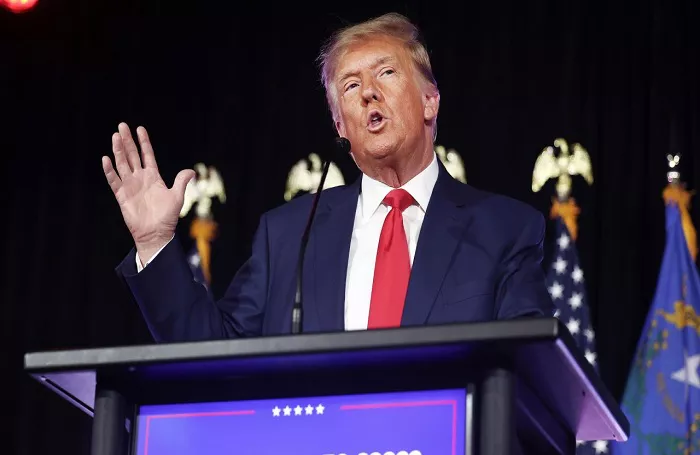Standard Chartered’s Senior Economist Philippe Dauba-Pantanacce points out that Trump’s policies in his second term are likely to entail costs, not only for the international community but also for the United States itself. This prompts doubts about the durability of such policies. Trade conflicts, anti-immigration stances, and a dismissal of multilateralism are expected to be prominent on the agenda. Other nations and regions are preparing for this new state of affairs, with different degrees of adaptability.
The Clash of Ideology and Pragmatism:
The question of who will prevail in the battle between ideology and pragmatism looms large. Trump’s selected appointees and advisors are staunch advocates of protectionism, anti-immigration measures, and maximum pressure on Iran. It seems that the team is being formed with the intention of comprehensively realizing Trump’s agenda. However, his political instincts might ultimately be hampered by the economic consequences of his extreme campaign pledges, especially higher inflation.
This could pose a political handicap prior to the 2026 midterm elections, as the party in control of the White House often fares poorly in midterms. Ideologues may be inclined to tolerate the initial expenses of their policy decisions in pursuit of long-term goals. Nevertheless, political cycles are relatively short-term, and pragmatists might be ready to adjust the course if the economic toll becomes too great to overlook. Such costs could potentially involve increased inflation, strain on economic sectors affected by the reduction in immigrant labor, or a stock market downturn.
While the implementation remains uncertain, certain fundamental aspects of Trump’s global perspective are improbable to shift. In foreign policy, he has firmly spurned multilateralism and is likely to adopt an antagonistic stance or decline participation in multilateral treaties, compromises, and institutions. This has consequences for global climate initiatives, the United Nations, Bretton Woods institutions, and US-EU relations. US foreign policy is anticipated to revert to a concentration on bilateral negotiations, where the US wields the greatest influence due to its size and clout. However, this does not imply that no agreements will be reached. An examination of different regions reveals the potential implications of Trump 2.0 for the remainder of the world.
Related topics:
ADP Employment Report: November’s Anticipated Moderate Private Job Gains and Market Implications
Aussie Dollar Weakens on GDP Data and RBA Rate Cut Speculation


